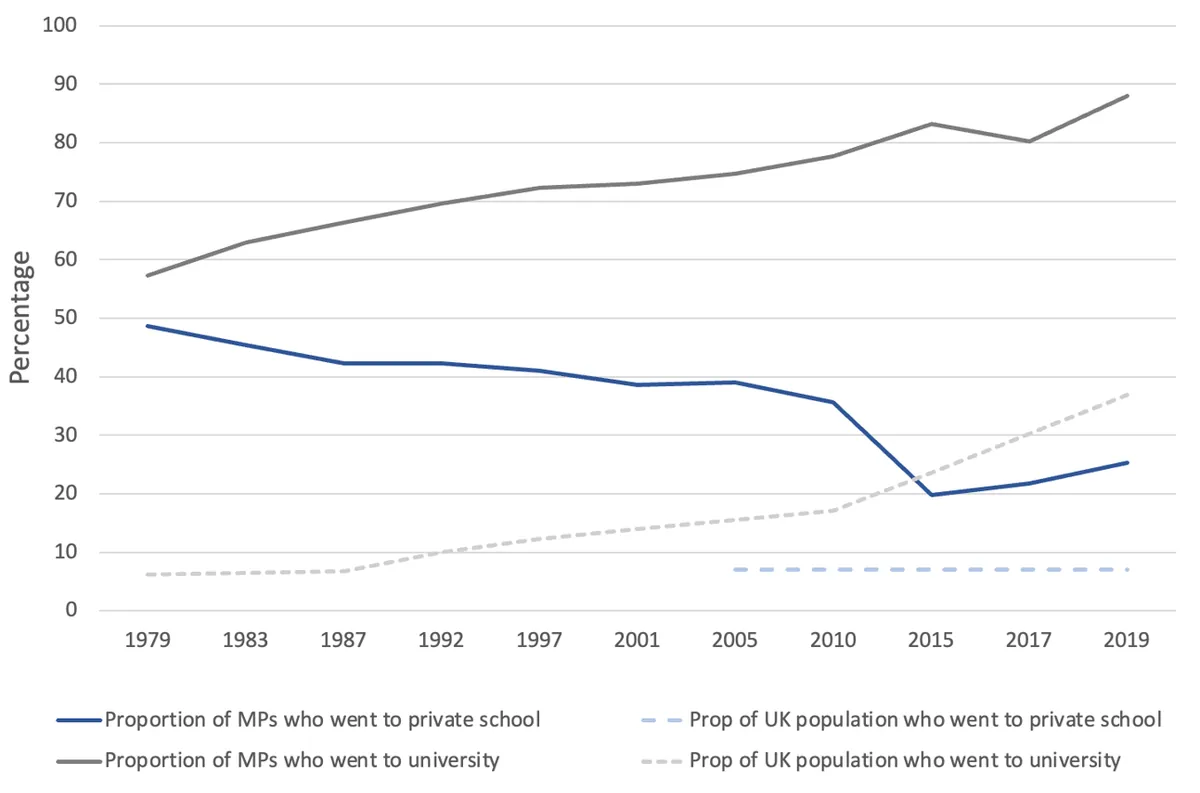UK Debt Hits 100% of GDP, Highest Since 1960s Amid Rising Public Spending
UK national debt equals GDP for the first time in over six decades, driven by increased public spending. Government borrowing exceeds forecasts, raising concerns about fiscal sustainability and potential tax hikes.

The United Kingdom's national debt has reached a significant milestone, equaling 100% of its Gross Domestic Product (GDP) for the first time since the 1960s. This development, reported by the Office for National Statistics (ONS), highlights the growing fiscal challenges faced by the current Labour government.
In August 2024, the government borrowed £13.7 billion to bridge the gap between tax revenues and expenditures. This figure represents the third-highest August borrowing since monthly records began in 1993. The total borrowing for the fiscal year to date has reached £64.1 billion, surpassing the Office for Budget Responsibility's (OBR) March forecast by £6.2 billion.
The increased borrowing is primarily attributed to higher public sector spending, including recent pay deals and benefits. However, the full impact of the latest public sector wage settlements, such as those for junior doctors and train drivers, is not yet reflected in these figures.

Rachel Reeves, the Chancellor of the Exchequer, faces mounting pressure as she prepares for the upcoming fiscal statement on October 30, 2024. The current economic situation presents a significant challenge, with economists warning of potential tax increases to address the growing deficit.
The ONS, established in 1996, plays a crucial role in providing these economic statistics. Similarly, the OBR, created in 2010, serves as the government's independent fiscal watchdog. These institutions have become integral to the UK's economic policymaking process since their inception.
While income tax receipts have exceeded expectations due to stronger earnings growth, self-assessment income tax and VAT receipts have underperformed. This discrepancy reflects the complex nature of the UK's tax system, which has evolved significantly since the introduction of income tax in 1799 to fund the Napoleonic Wars.
Darren Jones, the Chief Secretary to the Treasury, expressed concern over the inherited economic situation, stating:
"When we came into office, we inherited an economy that wasn't working for working people. Today's data shows the highest August borrowing on record, outside the pandemic. Debt is 100% of GDP, the highest level since the 1960s. Because of the £22bn black hole in our public finances we have inherited this year alone, we are now taking the tough decisions now to fix the foundations of our economy, so we can rebuild Britain and make every part of the country better off."
It's worth noting that the UK's debt-to-GDP ratio has fluctuated significantly throughout history. During World War I, it first exceeded 100%, and it reached its peacetime peak of 259% in 1946. The current situation, while concerning, is not unprecedented in the broader historical context.
Economists anticipate further increases in public spending in the coming months, particularly due to the implementation of public sector pay rises. These include a 5.5% increase for teachers and NHS staff, and a 4.75% rise for police officers, effective from September or October 2024, but backdated to April.
The Bank of England's decision to slow down active bond sales next year is expected to free up additional funds. This move by the central bank, which has been setting interest rates independently since 1997, could provide some fiscal breathing room for the government.
As the UK navigates these economic challenges, the focus remains on balancing public sector needs with fiscal responsibility. The upcoming fiscal statement will be crucial in outlining the government's strategy to address the growing debt while maintaining essential public services.


































